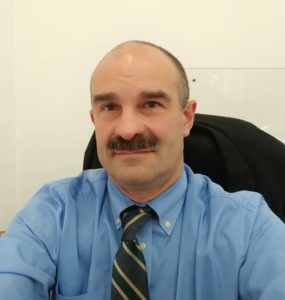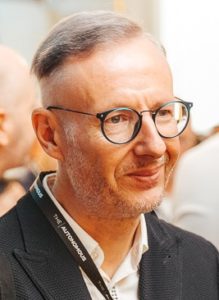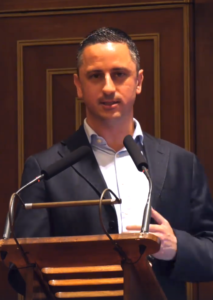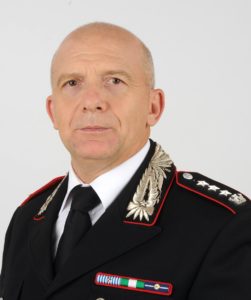 The Italian Cybersecurity strategy: a support program for the development of new innovative entrepreneurship
The Italian Cybersecurity strategy: a support program for the development of new innovative entrepreneurship
The new forms of strategic competition that characterize the geopolitical scenario, require Italy to continue and, where possible, increase cybersecurity initiatives. This, in compliance with the commitments undertaken within international organizations which Italy is a member Party of. To achieve this new vision, Italy conceived a cybersecurity ecosystem based on the collaboration between public and private sectors. In such system, the active contribution of the Institutions is complemented by that of economic operators – primarily those entrusted with the management of infrastructures on which depend the provision of essential services by the State – the world of universities and research, and civil society as well. Everyone is called to take an active part in protecting its own IT assets, in compliance with internationally recognized rules.
Biography
Luca Nicoletti graduated in Physics at the University of Rome “La Sapienza” in 1996. After doing his military service as a Navy Officer, since 1997 he has been working in the IT field, being interested from the beginning in distributed systems and Web technologies. Between 1998 and 2000 he worked on Management Control Systems for important Italian companies in the Telecommunications and Energy fields. Between 2000 and 2013 he works in Consip, first in the “Technological Architectures” area and then in the “System Solution” area. In 2013 he moved to Sogei S.p.A. in the “Technological Architectures and Services” area where he was responsible of the Technological Demand Management group. From 2007 to 2018 he joined server FP7/H2020 projects, serving as technical expert or technical leader. From 2019, he has worked in the Presidency of the Council of Ministers, and from 2021 he moved in the National Agency for Cybesecurity, holding positions as Head of IT, Industrial programs, Research and Development, coordinating several working groups, including the one for the writing of the implementing DPCMs of the Cybersecurity Perimeter, and the group that prepared the component of Mission 1 of the PNRR related to Cybersecurity. Over the years he has developed an in-depth knowledge of the public procurement code and tender procedures, as well as in the execution of complex contracts. His main fields of interest are Service Oriented Architectures, virtualization of systems and applications, Cloud Computing, Identity & Access management systems, topics on which he has produced articles and has been called to conduct seminars.
 Breaking Down AI Security and Safety at the Industrial Edge
Breaking Down AI Security and Safety at the Industrial Edge
 Covert & Side Stories: Threats Evolution in Traditional and Modern Technologies
Covert & Side Stories: Threats Evolution in Traditional and Modern Technologies The Italian Cybersecurity strategy: a support program for the development of new innovative entrepreneurship
The Italian Cybersecurity strategy: a support program for the development of new innovative entrepreneurship Cyber-Security, Cyber-Forensics, and Cyber-Investigation: scientific, technical, and legal practical issues for Law Enforcement Agencies
Cyber-Security, Cyber-Forensics, and Cyber-Investigation: scientific, technical, and legal practical issues for Law Enforcement Agencies